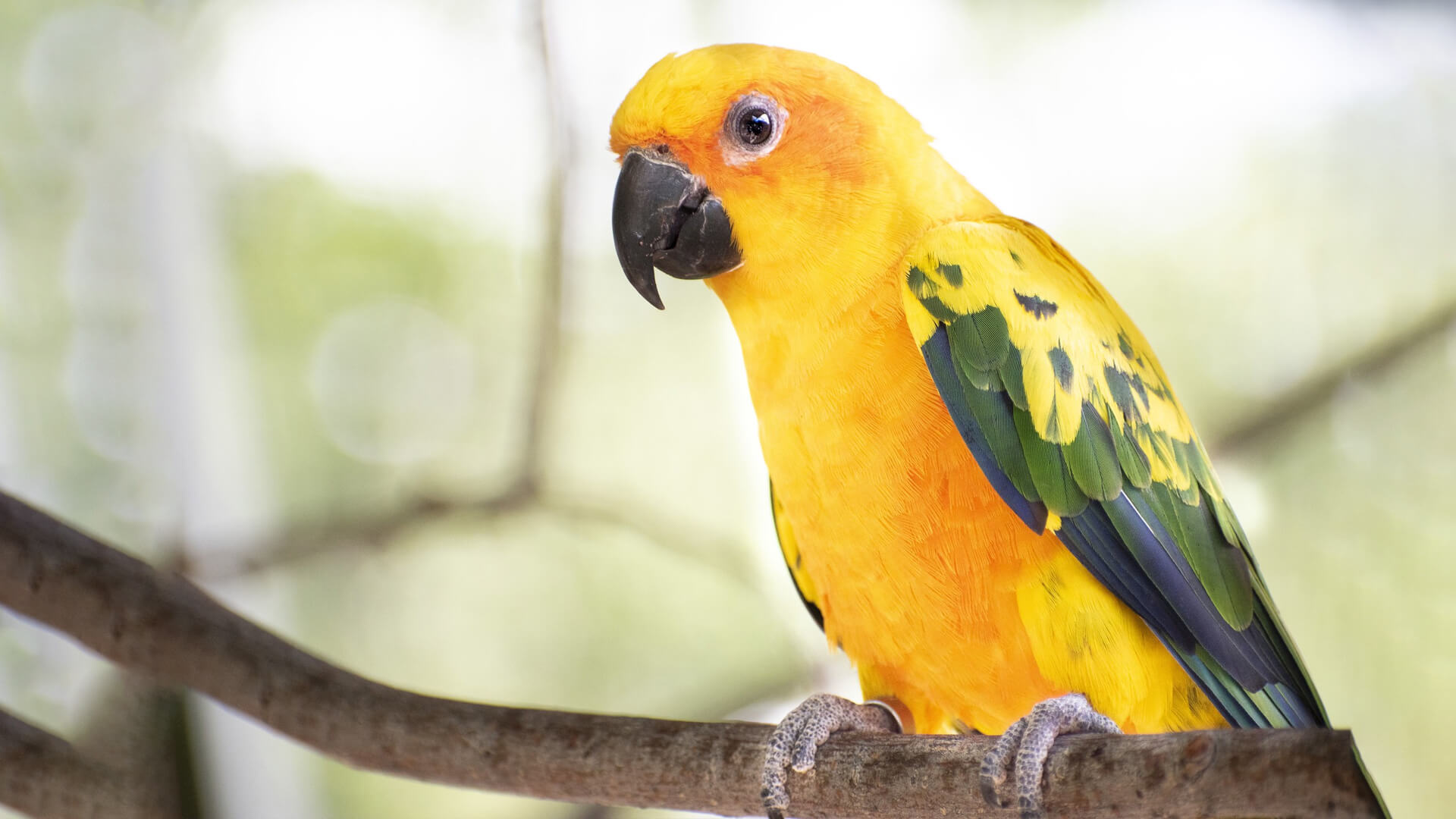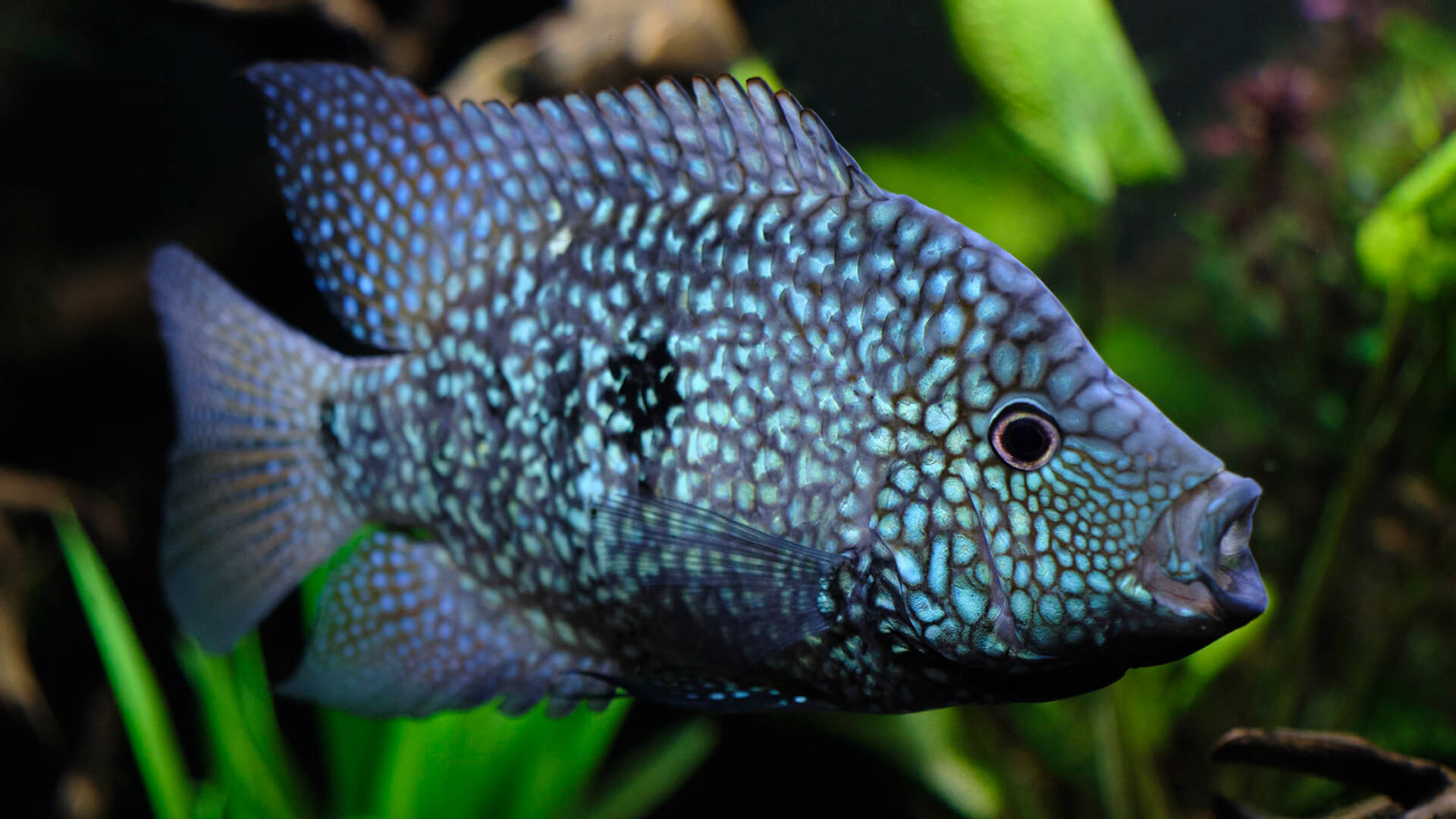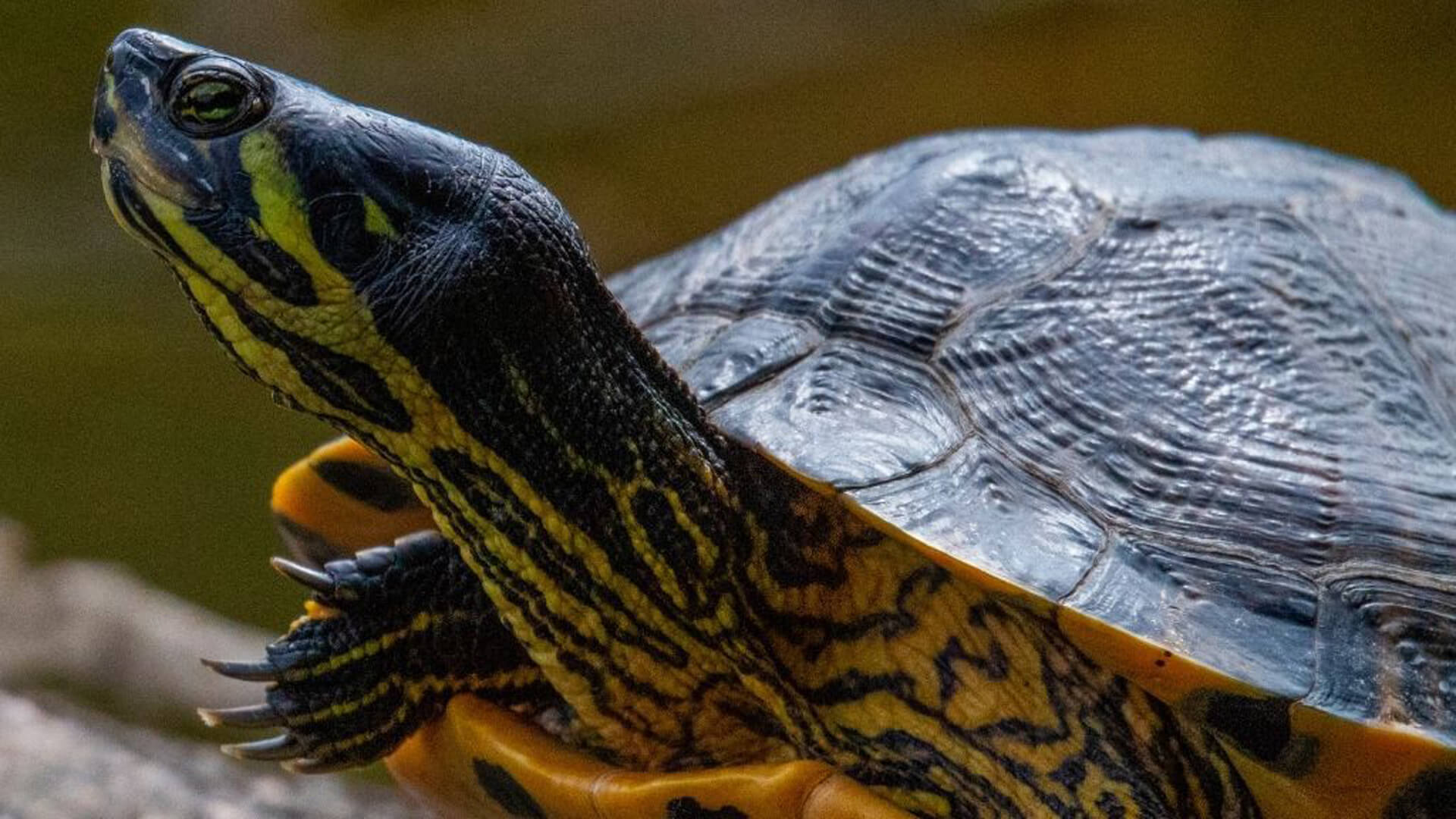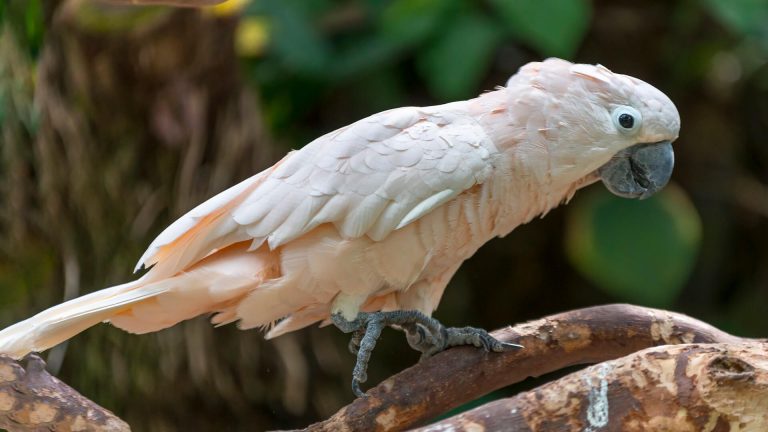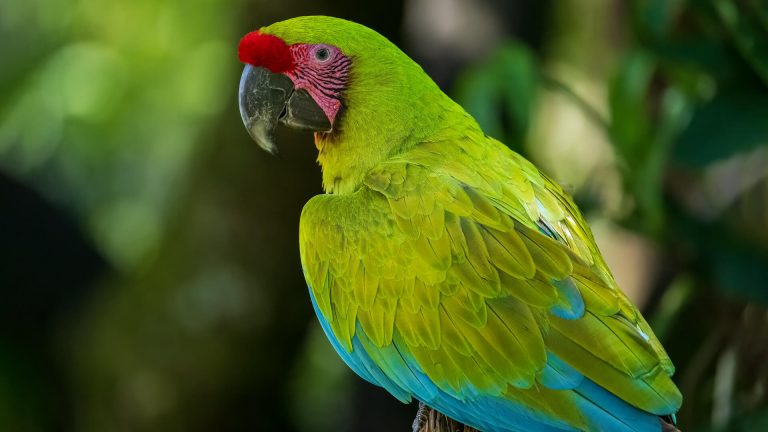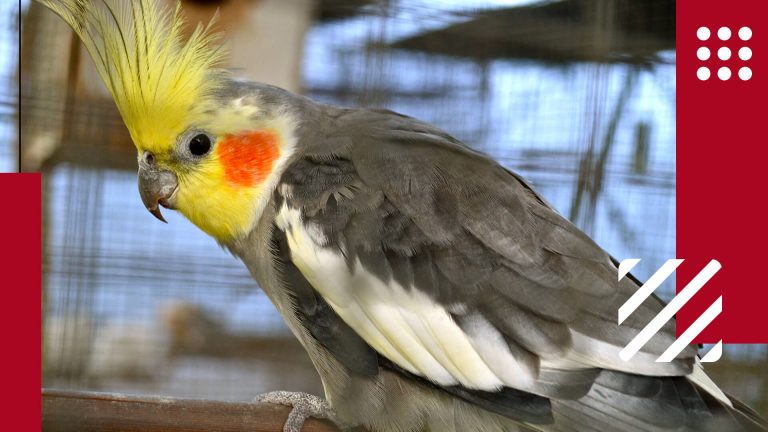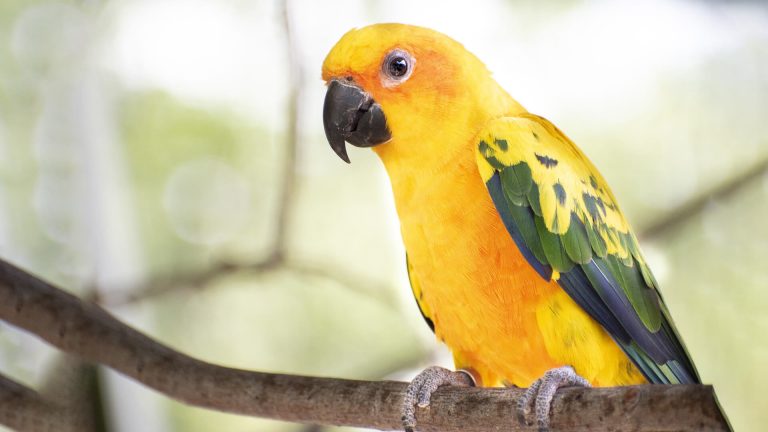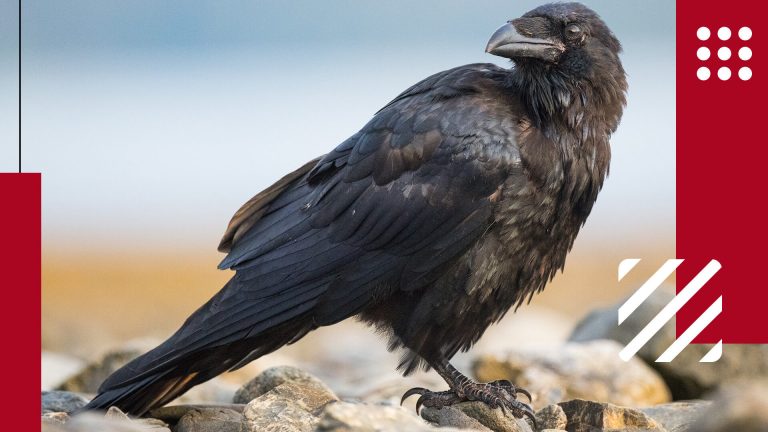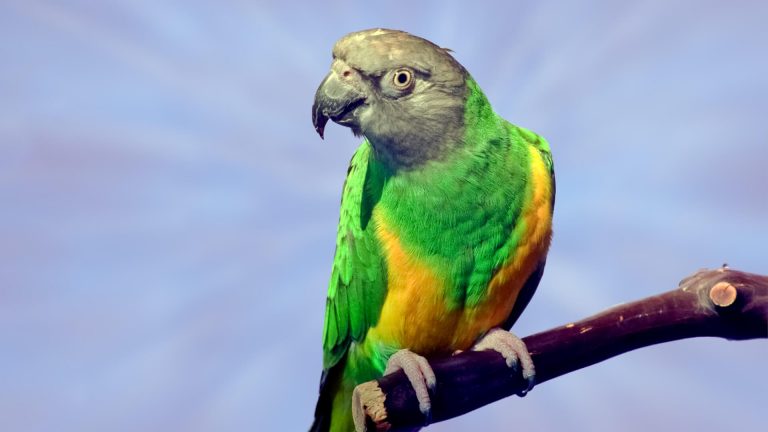The hyacinth macaw, scientifically known as Anodorhynchus hyacinthinus or hyacinthine macaw, is a stunning cobalt-blue parrot found in Brazil, Paraguay, and Bolivia. These magnificent birds prefer habitats such as palm swamps, woodlands, and semi-open areas, avoiding dense humid forests. Unfortunately, the hyacinth macaw is currently a rare and threatened species. Many people are captivated by their captivating colors, which adds to their appeal as pets.
One interesting behavior of macaws is their consumption of certain poisonous seeds and raw fruits that would be harmful to other animals. Researchers believe that these parrots are able to survive by ingesting chunks of clay from river banks. The clay acts as a detoxifier, neutralizing the toxins and rendering them harmless. In addition to this intriguing adaptation, hyacinth macaws also play an important role in seed dispersal as they consume various nuts and seeds.
Distinctive Features of Hyacinth Macaw
| Scientific Name | Anodorhynchus hyacinthinus |
| Lifespan | Up to 60 years (or more) |
| Color | Vibrant blue plumage |
| Size | Up to 42 inches |
| Weight | 2.6-3.7 pounds |
| Health Risk | Low |
| Cage Size | Minimum 36" x 48" x 60" |
| Unique Trait | Largest species of flying parrot |
| Famous For | Striking blue color and impressive size |
| Temperament | Intelligent, curious, and independent |
| Maintenance | Medium |
| Adaptability | Moderate |
| Behavior | Playful, vocal, and enjoys puzzles and toys |
| Personality | Affectionate, loyal, and highly intelligent |
| Social | Bonds closely with their human companions |
The hyacinth macaw holds the title for being the largest parrot in the world, measuring a meter in length from the top of its head to the tip of its long, pointed tail. It weighs between 1.2 and 1.7 kilograms, with wings spanning from 15.3 to 16.7 inches. The bird showcases vibrant blue feathers, though the shade is lighter on its upper body. With a potential lifespan of up to 60 years, this species undergoes a four-month fledgling period and remains with its parents for about a year. Sexual maturity is typically reached between 2 and 4 years, and breeding occurs around the age of 7 years.
In certain cases, the neck feathers of the hyacinth macaw may display a slight grayish hue. The bird features a distinctive yellow ring around its eyes and below its beak, giving the impression of a perpetual smile. Its large black eyes are complemented by a hooked beak and zygodactylous feet—two toes pointing forward and two pointing backward. Although its size and appearance may be intimidating, the hyacinth macaw is known to be a gentle giant.
The macaw's exceptionally strong beak is designed to crack open hard nuts and seeds, including coconuts, large Brazil nut pods, and macadamia nuts. Its tongue is dry and smooth, featuring a bone inside that helps the bird grip and trap fruits. In addition to nuts, the hyacinth macaw feeds on fruits, nectar, and other vegetable matter. Its quest for the ripest food takes it over vast areas.
One of the reasons why these birds are rare both in the wild and in the pet trade is their slower development compared to other bird species. When agitated, these parrots emit loud screeches and may circle overhead. With flying speeds of up to 35 miles per hour, they are impressive aerial beings.
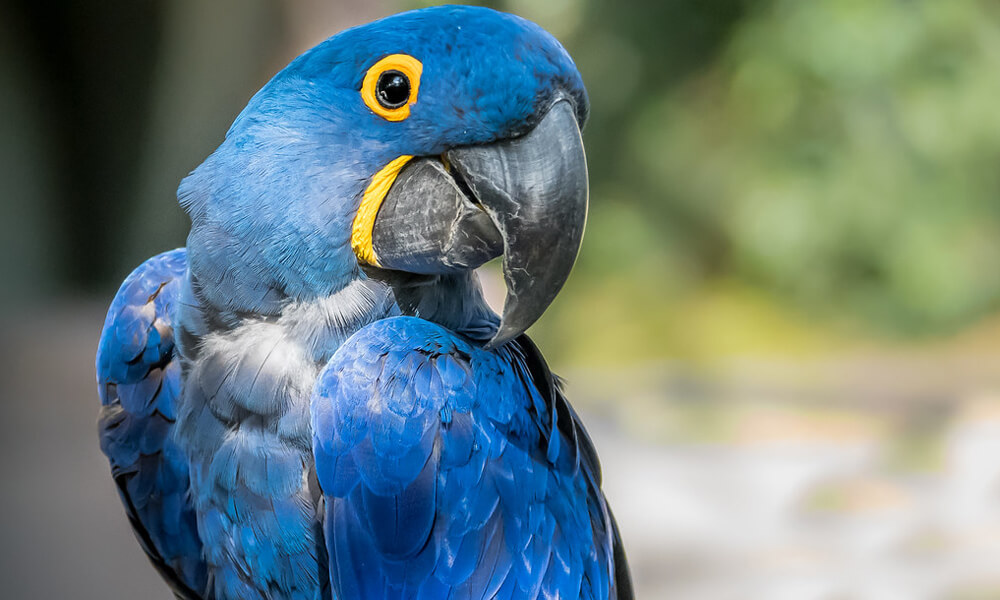
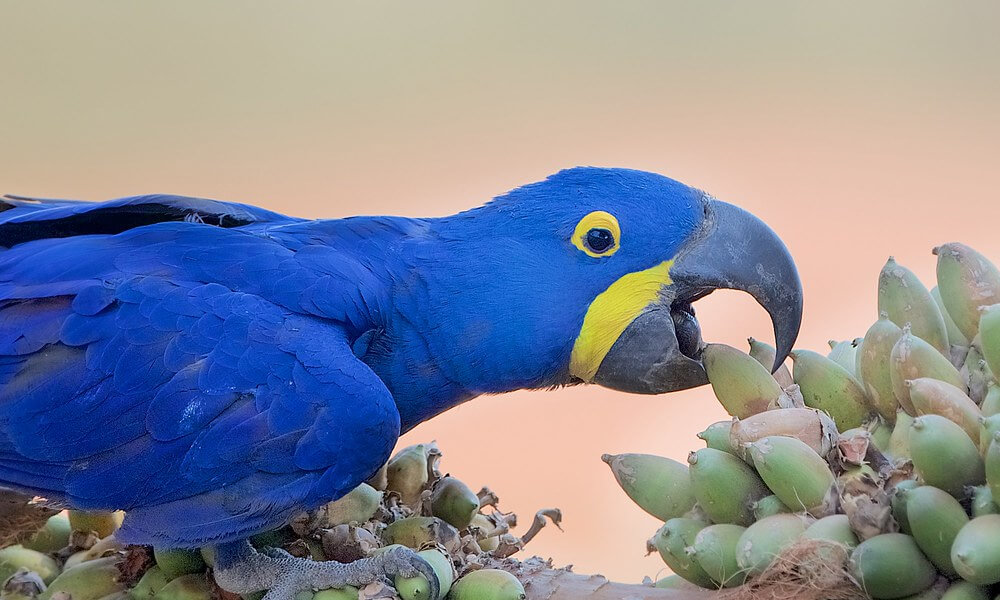
How to Take Care of Pet Hyacinth Macaw?
Taking care of a pet Hyacinth Macaw requires dedication and commitment. These magnificent birds deserve love, attention, and a nurturing environment. Building a strong bond through daily interaction and providing a stimulating environment will ensure their well-being and happiness.
How to Set up Habitat for Pet Hyacinth Macaw?
Setting up a proper habitat for a pet hyacinth macaw is crucial to ensure its well-being and happiness. Here are some guidelines to help you create an appropriate environment:
- Cage size: Hyacinth macaws require a spacious cage due to their large size. The cage should be at least 4 feet wide, 4 feet deep, and 6 to 8 feet tall to allow for unrestricted movement and wing-flapping.
- Bar spacing: The cage should have sturdy bars with a spacing of 1 to 1.5 inches to prevent the bird from getting its head stuck between them.
- Cage material: Opt for a cage made of durable, non-toxic materials such as stainless steel. Avoid cages with zinc-coated or lead-based materials, as these can be harmful to the bird.
- Perches: Provide a variety of perches with different diameters and textures to promote foot exercise and prevent foot problems. Natural wooden perches are recommended, as they offer a more comfortable grip.
- Enrichment: Hyacinth macaws are intelligent birds that require mental stimulation and enrichment. Offer toys, puzzles, and interactive objects to keep them engaged and prevent boredom. Rotate the toys regularly to provide novelty.
- Food and water bowls: Provide sturdy, easy-to-clean bowls for food and water. Stainless steel bowls are a good choice as they are durable and hygienic. Ensure a fresh supply of clean water is available at all times.
- Placement: Place the cage in an area where the bird can interact with the family, but away from direct sunlight, drafts, and household hazards. Avoid placing the cage in the kitchen or near fumes or chemicals.
- Temperature and humidity: Hyacinth macaws are sensitive to temperature extremes. Maintain a temperature range of 70-80°F (21-27°C) and avoid sudden temperature fluctuations. The humidity level should be around 40-60%.
- Natural sunlight: Whenever possible, provide access to natural sunlight or full-spectrum UV lighting to meet the bird's vitamin D requirements. Ensure the bird has the option to move away from direct sunlight if it becomes too hot.
- Regular cleaning: Hygiene is essential for the bird's health. Clean the cage and accessories regularly to remove droppings, leftover food, and debris. Use bird-safe cleaning products and disinfectants.
Hyacinth macaws are highly intelligent and social birds. They require daily interaction, mental stimulation, and a balanced diet consisting of quality macaw pellets, fresh fruits, vegetables, and occasional nuts.
What to Feed Pet Hyacinth Macaw?
A balanced and varied diet is essential for the health of a pet hyacinth macaw. While it is true that their diet can be high in fat, it is important to provide a well-rounded nutritional plan. Here are some recommendations for feeding a hyacinth macaw:
- Nutritional balance: Ensure that the macaw's diet includes a balance of macronutrients (carbohydrates, proteins, and fats) as well as essential vitamins and minerals. This can be achieved through a combination of different food sources.
- Fresh fruits and vegetables: Offer a variety of fresh fruits and vegetables on a daily basis. Hyacinth macaws can enjoy a wide range of fruits, including apples, oranges, bananas, berries, and melons. Vegetables such as carrots, broccoli, leafy greens, and peppers can also be included. These provide essential vitamins, minerals, and fiber.
- Pellets and seeds: High-quality commercial pellets specifically formulated for macaws should be a staple part of the diet. These pellets are designed to provide a balanced mix of nutrients. Additionally, small amounts of seeds can be offered as a treat, but they should not comprise the majority of the diet as they can be high in fat.
- Nuts and legumes: Nuts like walnuts, almonds, and pistachios can be given in moderation as a source of healthy fats and protein. Legumes such as lentils, chickpeas, and beans can also be included for added variety and protein content.
- Calcium supplementation: Hyacinth macaws have high calcium requirements, especially during breeding. Calcium supplements, such as cuttlebones or mineral blocks, can be provided to ensure they receive adequate calcium for strong bones and overall health.
- Water: Fresh, clean water should be available at all times. Change the water daily to maintain its cleanliness.
Introduce new foods gradually, monitor the bird's response to different foods, and remove any uneaten fruits and vegetables from the cage after a few hours to prevent spoilage. By providing a diverse and nutritious diet, you can help keep your hyacinth macaw healthy, vibrant, and full of energy.
Grooming & Hygiene Needs of Pet Hyacinth Macaw
Grooming and maintaining proper hygiene for a pet Hyacinth Macaw are essential for their overall health and well-being. Here are some important considerations:
- Feather care: Hyacinth Macaws have beautiful and vibrant feathers that require regular attention. Provide opportunities for your macaw to bathe or mist, as this helps them keep their feathers clean and in good condition. Some macaws enjoy showering with a gentle mist or bathing in shallow water. Observe your bird's preferences and provide them with a suitable bathing method.
- Nail trimming: Regularly check and trim your macaw's nails to prevent overgrowth, which can cause discomfort or potential injury. Seek guidance from an avian veterinarian or an experienced bird groomer on how to properly trim the nails to avoid cutting into the quick. If you're not confident in doing it yourself, it's best to seek professional assistance.
- Beak maintenance: The beak of a Hyacinth Macaw naturally wears down through chewing and eating a variety of foods. However, it's important to monitor their beak's condition. If you notice any abnormalities, such as overgrowth, cracks, or chips, consult an avian veterinarian for proper evaluation and care.
- Wing feather management: Wing clipping is a personal choice and should be done with careful consideration. Some owners prefer to clip their macaw's wings to prevent flight and ensure their safety within the home. However, others may choose to allow their macaw to fly in a controlled environment. If you decide to clip your macaw's wings, it's best to have it done by a professional who can ensure the feathers are trimmed safely and correctly.
- Dental hygiene: While not exclusive to Hyacinth Macaws, dental health is crucial for their overall well-being. Providing a variety of toys and chewable items, such as bird-safe wooden blocks or mineral blocks, can help keep their beak and jaw muscles strong. Regular veterinary check-ups will also include an evaluation of their oral health.
Approach grooming activities with patience and positive reinforcement. Building trust and establishing a positive association with grooming routines will make the experience more pleasant for both you and your pet Hyacinth Macaw.
What are the Health Issues of Pet Hyacinth Macaw?
Hyacinth macaws are susceptible to various health conditions, and it is crucial to be aware of these potential risks in order to provide proper care for these magnificent birds.
- Proventricular Dilation Disease (PDD) or Wasting Disease: Hyacinth macaws are particularly vulnerable to PDD, a condition that affects the proventriculus, a part of the bird's digestive system. Symptoms include regurgitation, weight loss, and overall weakness. Regular veterinary check-ups and a well-balanced diet can help prevent and manage this disease.
- Psittacosis: Psittacosis, also known as avian chlamydiosis, is a bacterial infection that can affect hyacinth macaws. It is transmitted through the droppings, secretions, and respiratory discharges of infected birds. Common symptoms include respiratory distress, lethargy, and loss of appetite. Timely diagnosis and treatment by an avian veterinarian are essential to ensure the bird's recovery and prevent the spread of the infection.
- Papillomas: Hyacinth macaws may also be susceptible to papillomas, which are viral growths that can affect the bird's respiratory and digestive systems. These growths can lead to difficulty breathing, swallowing, and overall discomfort. Regular check-ups and vigilant observation of the bird's health can help identify and address any signs of papillomas.
The health and longevity of a pet hyacinth macaw depend on a combination of proper nutrition, routine veterinary care, and a loving, enriching environment. By prioritizing their well-being and addressing any health concerns promptly, you can ensure that your hyacinth macaw companion leads a happy and healthy life.
What it's Like to Have a Pet Hyacinth Macaw?
Hyacinth macaws are highly sought-after as pets due to their vibrant colors and friendly personalities. However, owning a hyacinth macaw requires significant time, patience, and financial commitment.
- Companionship: Hyacinth macaws are social birds that thrive in the company of their owners. Loneliness and confinement can lead to behavioral issues like feather plucking and excessive screaming.
- Social and Emotional Needs: Despite their large size and strong beak, hyacinth macaws can exhibit playful nipping. They enjoy physical interaction with their owners and form strong bonds. Hyacinth macaws are known for their wide range of vocalizations, from deep growls to high trills. While they may not excel at mimicry, they can learn a few words and phrases. They have powerful voices and can produce loud screeches. This factor should be considered, especially if you live in close proximity to neighbors.
- Exercise and Enrichment: Hyacinth macaws require daily exercise to keep their muscles strong. Providing a safe space for them to stretch their wings and fly for at least two hours each day is essential. Chewable toys and objects are crucial for hyacinth macaws to keep their beaks and jaws healthy. Selecting durable toys that can withstand their powerful beak strength is important.
- Safety Considerations: Hyacinth macaws can bite if they feel threatened, and their strong beak can cause harm. Children should always be supervised when interacting with the bird. Owning a hyacinth macaw is a lifetime commitment, as these birds can live up to 60 years. Owners should be prepared for the emotional attachment and long-term care requirements.
What People Are Reading:
Frequently Asked Questions About Pet Hyacinth Macaw
Some of the commonly asked questions about Hyacinth Macaw are answered below:
Why is the Hyacinth Macaw endangered?
The Hyacinth Macaw is considered endangered primarily due to habitat loss and illegal trade. Deforestation, logging, and land conversion have led to the destruction of their natural habitat, limiting their food sources and nesting sites. Additionally, the high demand for these birds in the illegal pet trade has resulted in poaching and illegal trapping, further threatening their population.
Is it illegal to own a Hyacinth Macaw?
The legality of owning a Hyacinth Macaw varies depending on the country and local regulations. In some countries, such as Brazil, it may be illegal to own or trade Hyacinth Macaws without proper permits or documentation. It is important to research and comply with the laws and regulations of your specific region before considering owning a Hyacinth Macaw as a pet.
Is it possible to train a pet Hyacinth Macaw?
Yes, it is possible to train a pet Hyacinth Macaw. These birds are highly intelligent and can be trained to perform various tricks and behaviors through positive reinforcement techniques. However, it is important to note that training a Hyacinth Macaw requires time, patience, and consistency. These birds have specific social and environmental needs that must be met for their well-being and successful training. Seeking guidance from experienced bird trainers or avian behaviorists can be beneficial when training a Hyacinth Macaw or any other parrot species.

